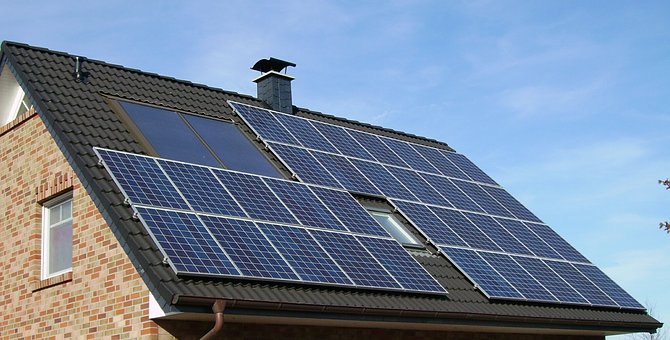Louisiana Commission to Slash Residential Solar Payouts at Year-End Amid Mounting Program Costs

Louisiana’s utility commission is putting an end to the state’s net metering scheme for residents with solar generators at the end of the year as the regulator seeks to limit the costs the program imposes on all ratepayers.
In a 3-2 vote, commissioners approved a staff proposal to set compensation for residential solar power sold to utilities at the wholesale rate instead of the retail rate, accounting for an over 60-percent cut in the credits awarded. Residential customers who install panels and submit a grid connection request by year-end will be grandfathered in at the retail rate for 15 years. The rule also eliminates a cap on program participants, previously set at 0.5 percent.
“Staff’s settlement proposal strikes that reasonable balance,” Commission Chairman Mike Francis, who led support for the rule, said in the September 19 order by the agency. Most of the customers who are grandfathered in under the retail rates “will have more than 15 years to help recover their investment in their solar arrays.”
Louisiana is one of over a dozen states that are ending net metering programs to limit the shift in costs to standard ratepayers. Subsidies under the existing program cost $2 million annually for all Louisiana utilities combined. Environmental advocates say the lower rates could have a chilling effect on renewable investments at a time when more zero-emission power generation needs to be built to avert the worst effects of climate change.
Customers participating in the more generous net metering program, that awards credits at the retail rate, reap savings of $819 per year, or about $15 million for the program, according to the commission’s filing. In comparison, customers subject to the wholesale rates under the new law will see savings of about $700 per year. In Entergy Louisiana LLC’s service area last year the wholesale rate, also known as the avoided cost, averaged 3.5 cents per kilowatt-hour, while the retail rate averaged 9.3 cents, according to the filing.
EnerKnol Pulses like this one are powered by the EnerKnol Platform—the first comprehensive database for real-time energy policy tracking. Sign up for a free trial below for access to key regulatory data and deep industry insights across the energy spectrum.
ACCESS FREE TRIAL